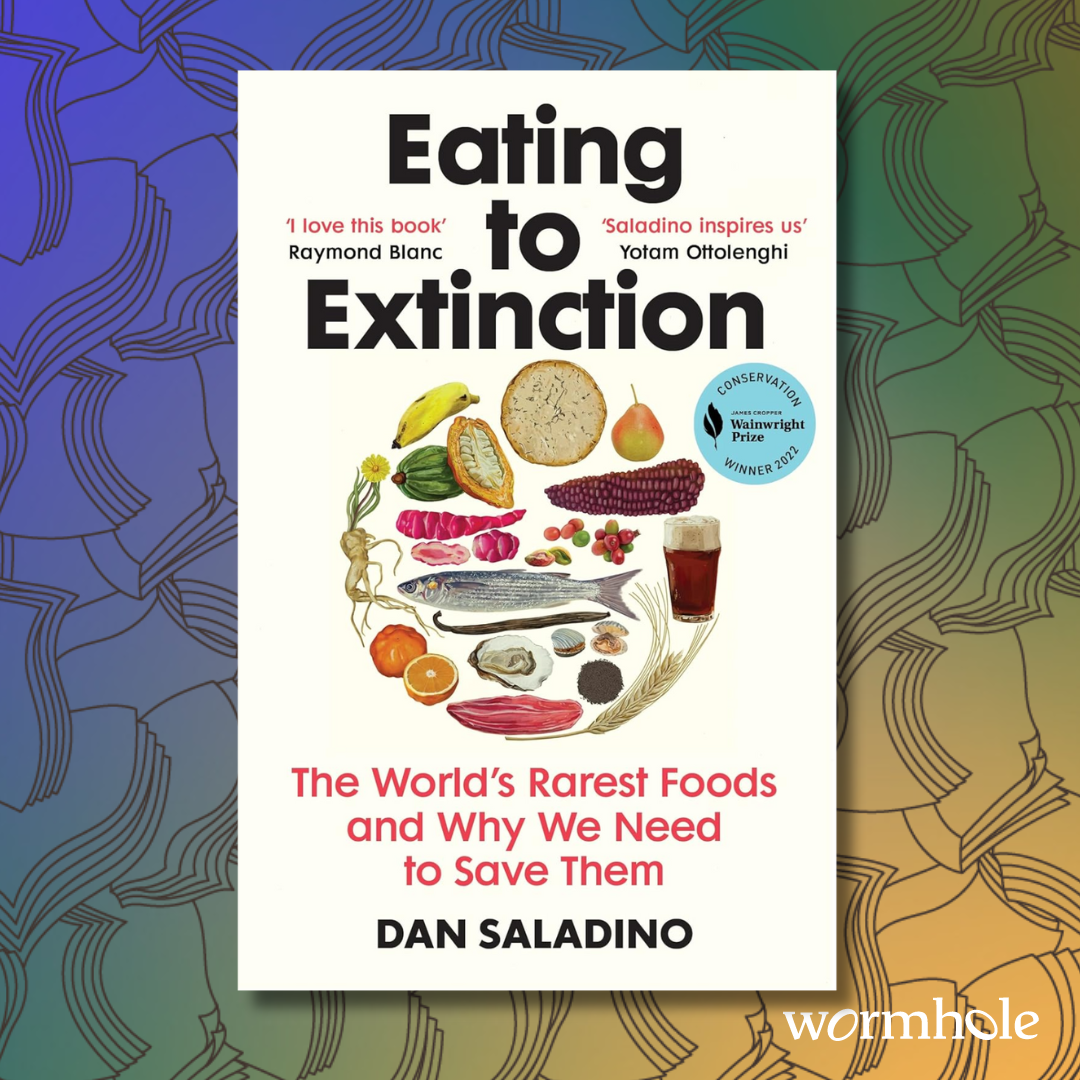Dan Saladino
Eating to Extinction
Couldn't load pickup availability
By Dan Saladino
A pathbreaking tour of the world’s vanishing foods and the argument for why they matter now more than ever.
Format: Paperback
Pages: 480
-
SURPRISE YOUR SHELF #10 PICK
A NEW YORK TIMES BOOK REVIEW EDITORS' CHOICE
Winner of the Wainwright Prize 2022
Over the past several decades, globalisation has homogenised what we eat, and done so ruthlessly. The numbers are stark: Of the roughly six thousand different plants once consumed by human beings, only nine remain major staples today. Just three of these―rice, wheat, and corn―provide 50 percent of all our calories. Dig deeper and the trends are more worrisome still: 95 percent of milk consumed in the United States comes from a single breed of cow, while one in four beers drunk around the world is the product of one brewer.
In Eating to Extinction, the distinguished BBC food journalist Dan Saladino travels the world to experience and document our most at-risk foods before it’s too late. From an Indigenous American chef refining precolonial recipes to farmers tending Geechee red peas on the Sea Islands of Georgia, the individuals profiled in Eating to Extinction are essential guides to treasured foods the rest of us have forgotten or didn’t know existed. Take honey―not the familiar product sold in plastic bottles, but the wild honey gathered by the Hadza people of East Africa, whose diet consists of eight hundred different plants and animals and who communicate with birds to locate bees’ nests. Or consider murnong―once the staple food of Aboriginal Australians, this small root vegetable with the sweet taste of coconut is undergoing a revival after nearly being driven to extinction. And in Sierra Leone, there are just a few surviving stenophylla trees, a species now considered crucial to the future of coffee.
Throughout this original and entertaining book, Saladino shows that when foods become endangered, we risk the loss of not only traditional foodways, but also flavors, smells, and textures that may never be experienced again. And the consolidation of our foods has other steep costs, including a lack of resilience in the face of climate change, pests, and parasites. Our food monoculture is a threat to our health―and to the planet. In response, Saladino provides a road map to a food system that is healthier, more robust, and, above all, richer in flavour and meaning.
Read if you: always take too long to choose the perfect apple at NTUC.


